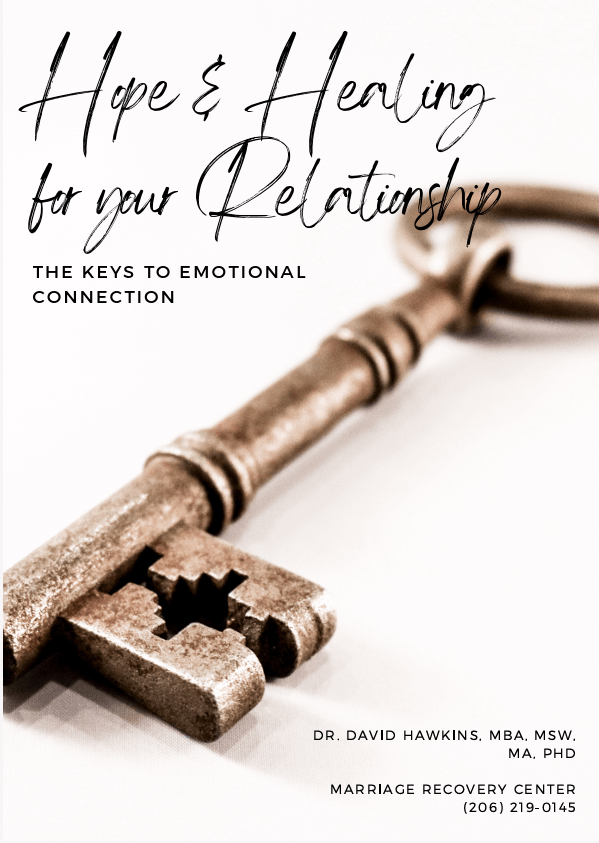Narcissism can manifest in many ways, among which is emotional immaturity. Narcissists are emotionally and socially immature, having little sense about the needs of others or how to mesh what they want with what is expected of them. They have little awareness of how their angry outbursts impact those around them. They often cannot see how shifting the blame, causing confusion, or getting angry inhibits their growth.
Why Narcissists are Emotionally and Socially Immature?
Narcissism is a psychological trait that is characterized by an excessive preoccupation with oneself and a lack of empathy towards others. Dr. David Hawkins delves into the topic of why narcissists often exhibit emotional and social immaturity, shedding light on their behaviors and offering insights into dealing with them.
Narcissists, at their core, lack emotional and social maturity. They prioritize their own needs, desires, and self-image above everything else. This self-centeredness inhibits their ability to genuinely connect with others on an emotional level, resulting in a significant deficit of empathy. Their focus is primarily on their own emotions and experiences, making it challenging for them to understand or relate to the feelings of those around them.
Fragile Self-Esteem
One of the defining characteristics of narcissists is their fragile self-esteem. Despite projecting an air of confidence and superiority, they are actually plagued by deep insecurities. They constantly seek validation and admiration from others to prop up their fragile sense of self-worth. This insatiable need for external validation hinders their emotional growth and prevents them from developing a healthy self-image.
Challenges in Maintaining Relationships
Maintaining healthy relationships poses a significant challenge for narcissists. Their self-centeredness often leads to a lack of consideration for the needs and feelings of others. They struggle with genuine intimacy, as their primary focus is on how others can meet their own needs and fulfill their desires. This results in shallow and superficial relationships that lack emotional depth and authenticity.
Manipulation and Control
Manipulation and control are common tools in a narcissist’s arsenal. They will go to great lengths to maintain a sense of power and superiority over others. Whether it’s through gaslighting, emotional manipulation, or playing mind games, narcissists use these tactics to assert control and ensure their own self-interest is served. This manipulative behavior further reinforces their emotional immaturity, as it reflects an inability to engage in healthy and honest communication.
Dealing with Narcissists
Understanding the dynamics of narcissism is crucial in recognizing and dealing with their behavior. Recognizing that their actions stem from their own emotional and social limitations rather than personal flaws in others can help mitigate feelings of self-blame or inadequacy. It is important to remember that their behavior is not a reflection of your worth or value as an individual.
Setting Boundaries
When interacting with narcissists, it is essential to prioritize self-care and set firm boundaries. Developing self-awareness enables you to recognize the signs of manipulation and emotional manipulation, allowing you to protect your own well-being. Setting clear boundaries establishes limits on what you are willing to tolerate and ensures that your own emotional needs are met.
In conclusion, narcissists exhibit emotional and social immaturity due to their self-centeredness, lack of empathy, and fragile self-esteem. Understanding their behavior and implementing strategies to protect yourself can help navigate interactions with narcissists more effectively.
By focusing on self-awareness and establishing boundaries, you can maintain your emotional well-being while engaging with individuals who display narcissistic tendencies. Remember, their behavior is a reflection of their own limitations, not your worth as an individual.
To learn how we can help, reach out to us at (206) 219-0145 or info@marriagerecoverycenter.com to speak with a Client Care Specialist
Also read: 5 Traits of Female Narcissist
About Dr. Hawkins:
The internet is inundated with hyperbole and misinformation about narcissism, leaving many people confused and hopeless. Get the facts on narcissism and emotional abuse from someone who has been researching, writing about and treating narcissism and emotional abuse for over a decade.
Dr. Hawkins is a best-selling author and clinical psychologist with over three decades of experience helping people break unhealthy patterns and build healthier relationships.
He is the founder and director of the Marriage Recovery Center and the Emotional Abuse Institute which offers education, training and counseling for people who want to break free of, and heal from, emotional abuse. Whether the perpetrator of the abuse is your spouse, partner, parent, boss, friend or family member, we offer practical advice for anyone trapped in a toxic, destructive relationship.
In addition to narcissism & emotional abuse, you’ll learn about the lesser known forms of abuse, including covert abuse, reactive abuse, spiritual abuse, secondary abuse, relationship trauma and much more.








